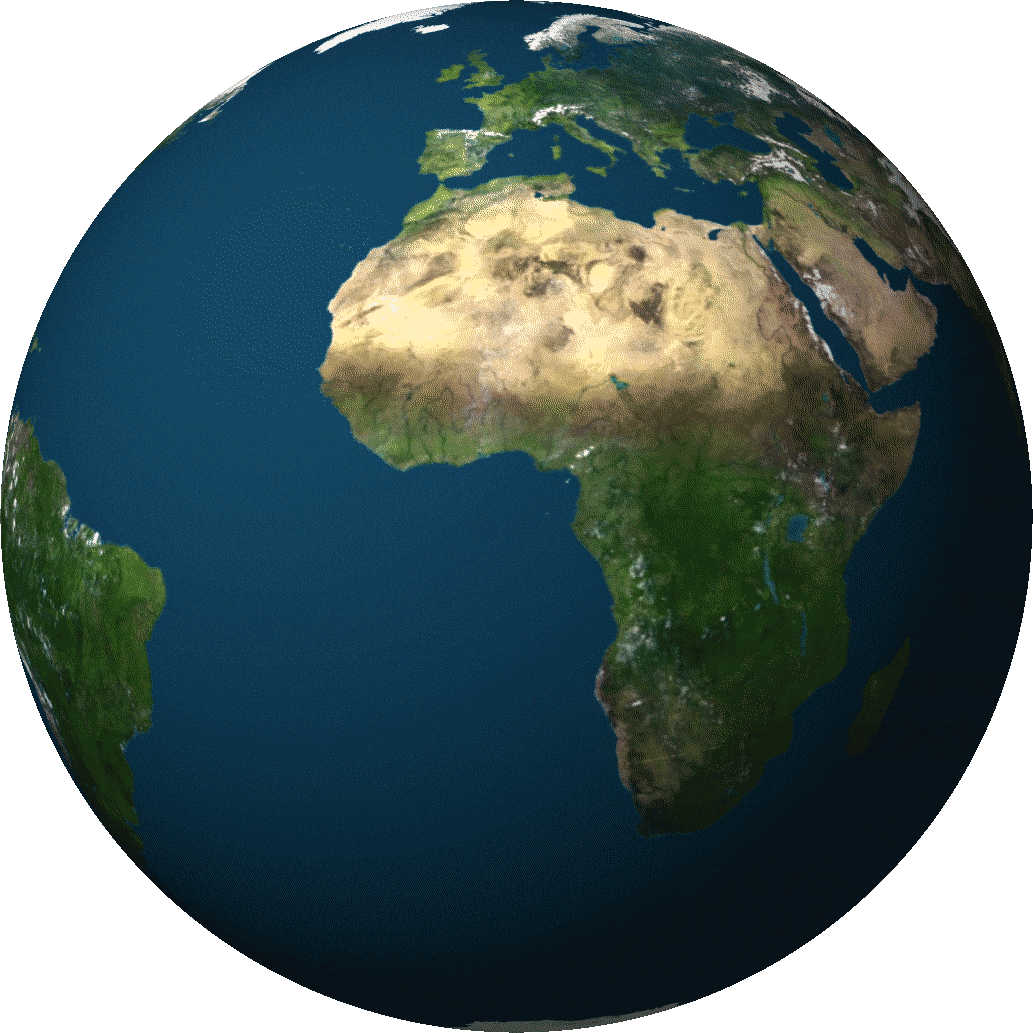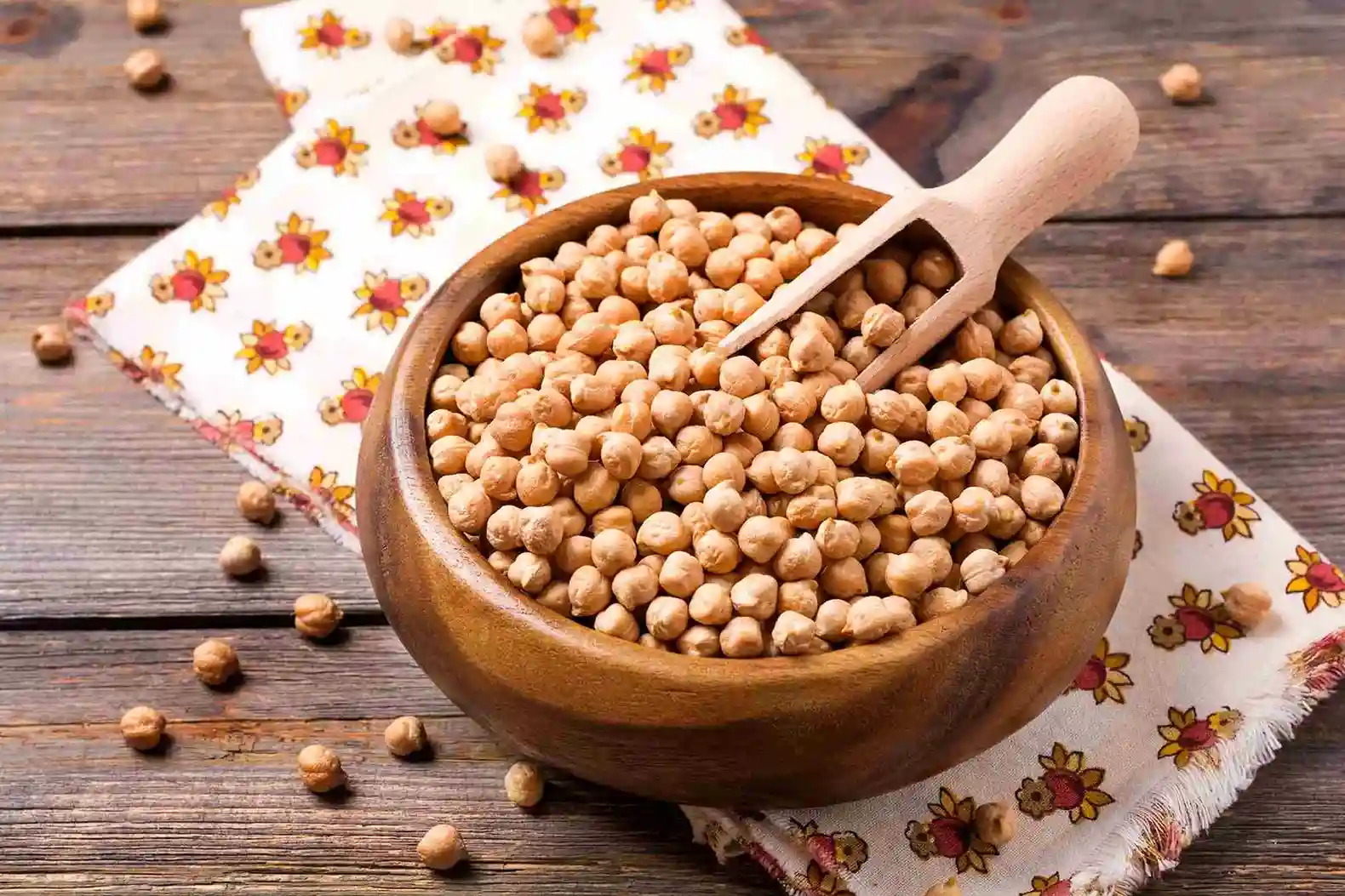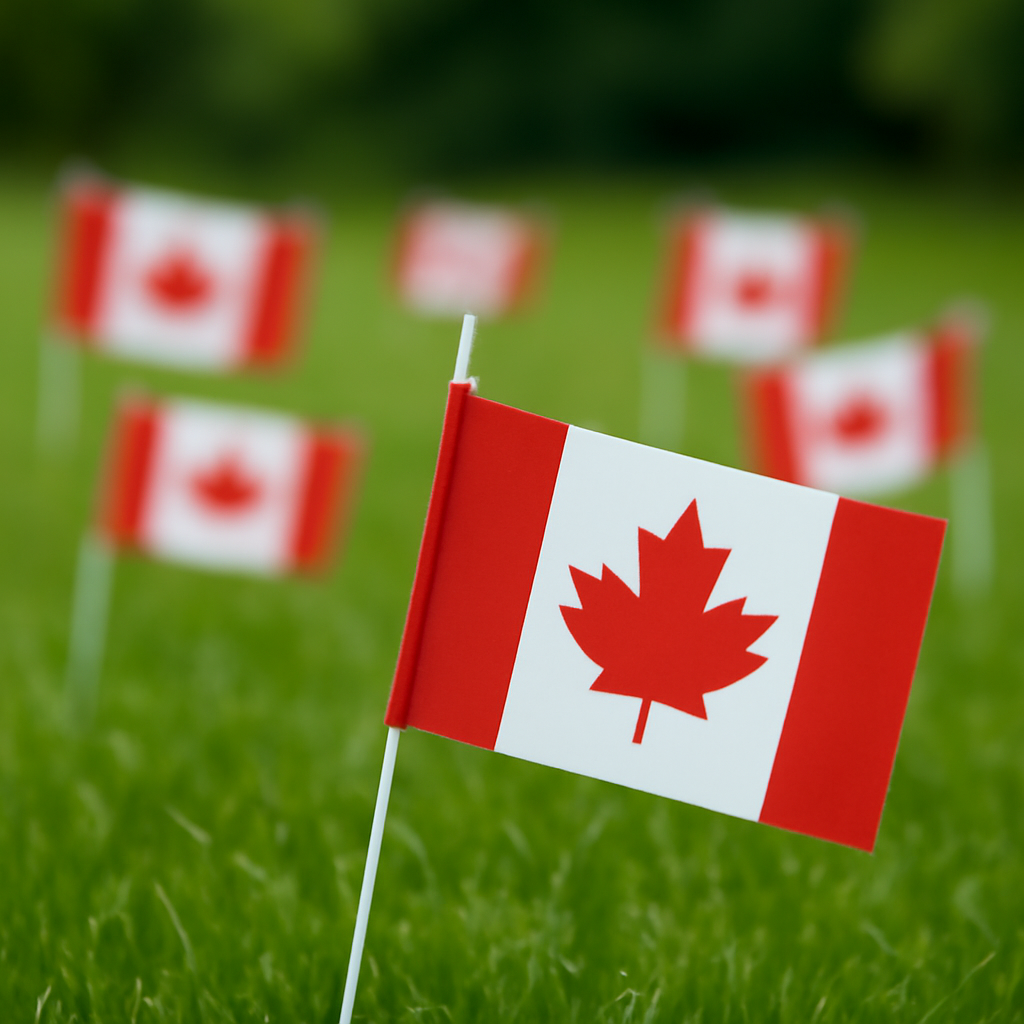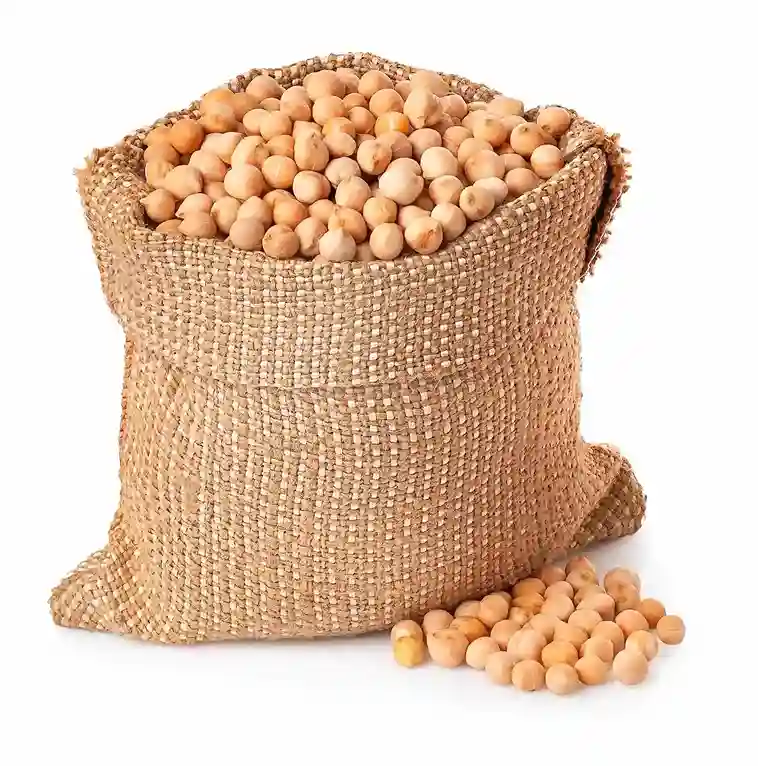
Global Overview of Kabuli Chickpeas

Kabuli chickpeas are cultivated and exported by several key countries:
- Canada: The majority of Canada’s Kabuli chickpea production takes place in Saskatchewan and Alberta. Canadian chickpeas are recognized globally for their superior quality, consistency, and strict compliance with export standards.
- Other Notable Producers: Countries such as India, Mexico, Russia, Turkey, Argentina, Iran, and the United States also contribute to global supply. However, in many of these regions, chickpea production is primarily used to meet domestic consumption needs. Among all producers, Canadian Kabuli chickpeas are especially valued in international markets due to their cleanliness, size uniformity, and high-quality grading.

Global Demand for Kabuli Chickpeas
As more consumers shift toward plant-based diets, Kabuli chickpeas have become a staple in many international markets. They are widely used in various forms—whole, ground, or as an ingredient in plant-based meat alternatives. Lord AgroTrade ensures a consistent supply of high-quality Canadian Kabuli chickpeas to meet this growing global demand. Most of our shipments go to countries around the world, especially Turkey and the United Arab Emirates. Our customers from Asia and Europe have certified the quality of Canadian chickpeas and prefer them over chickpeas from other origins.
Why Kabuli Chickpeas Matter for Lord Agro and Your Diet

High Global Demand
Kabuli chickpeas are in increasing demand due to the global shift toward plant-based diets.
Versatile Usage
From traditional dishes like hummus and chole to modern uses in salads, soups, and snacks, Kabuli chickpeas are incredibly adaptable.
Nutritional Benefits
A rich source of plant-based protein, fiber, vitamins, and minerals, making them an excellent addition to a balanced diet.
Crop Cycle and Harvesting
- Planting Season: Kabuli chickpeas are generally planted in the spring, once the soil temperature reaches at least 10°C (50°F).
- Harvesting Time: The plants mature in about 85 to 100 days, with harvesting typically taking place in late summer or early fall.
Alternate Names by Region
Kabuli Chana, Chole
Garbanzo Beans
Ceci
Garbanzos
White Chickpeas, Dollar Chickpeas

Quality Standards in Canada

- Kabuli: Large, creamy-white chickpeas with a smooth coat, ideal for human consumption and value-added products.
- Desi: Smaller, darker chickpeas, typically used in processed forms or ground into flour.
Grading standards for Kabuli chickpeas in Canada are based on factors such as:
- Seed size and uniformity
- Color and visual purity
- Absence of splits or damaged seeds
These standards are regulated to ensure export consistency and consumer satisfaction.
Kabuli Chickpeas – Product Specifications


Kabuli Chickpeas
Product Name | Kabuli Chickpeas |
Type | Kabuli (Large-Seeded Variety) |
Origin | Canada (Saskatchewan & Alberta) |
HS Code | 07132000 |
Size | (20/64) 8mm |
Color | Creamy white, Smooth Seed Coat |
Price | CFR Jebel Ali / Mersin USD 1,o76 ~ USD 1,096 |
Purity | Min 99% |
Moisture | Max 12% |
Broken/Split Seeds | Max 2% |
Foreign Matter | Max 0.5% |
Quality & Resistance

Cultural Importance of Kabuli Chickpeas in World Cuisines
Kabuli chickpeas hold a prominent place in the culinary traditions of many cultures around the world. In the Middle East and Mediterranean regions, they are essential in signature dishes such as hummus and falafel. In South Asia, particularly in India and Pakistan, they are widely used in hearty dishes like chole, curries, and biryani. North African cuisines incorporate chickpeas into couscous and stews, while in Southern Europe—especially Spain and Italy—they are commonly found in soups and pasta-based meals. The widespread use of Kabuli chickpeas across diverse cuisines highlights not only their nutritional value but also their cultural and culinary significance.
The widespread use of Kabuli chickpeas across diverse cuisines highlights not only their nutritional value but also their cultural and culinary significance. You can read more and find useful information in our blogs and market reports about Kabuli chickpeas sourced from Canada.
Communication with experts

